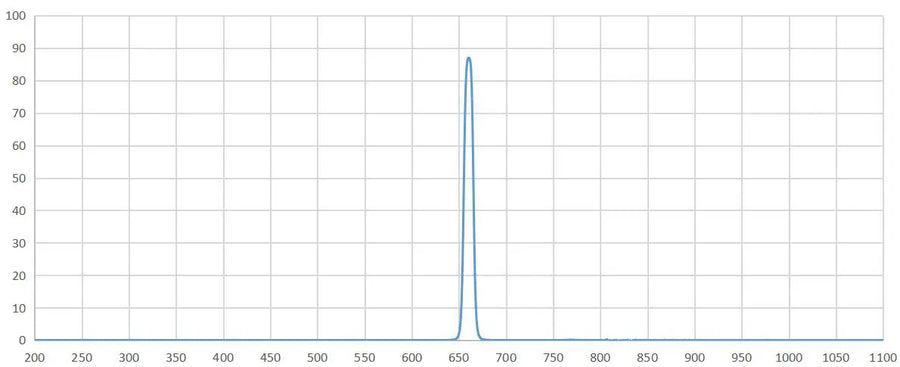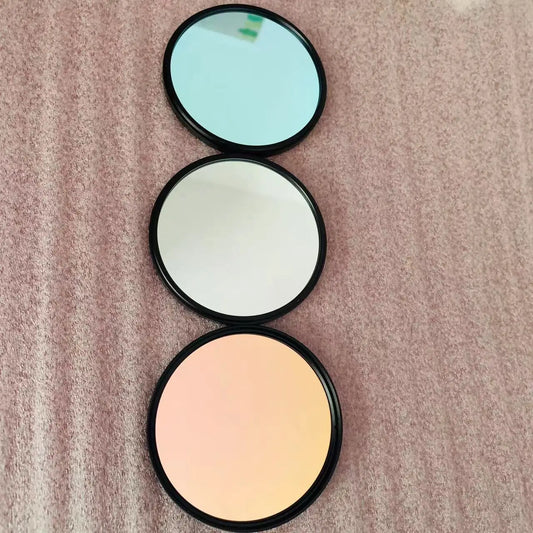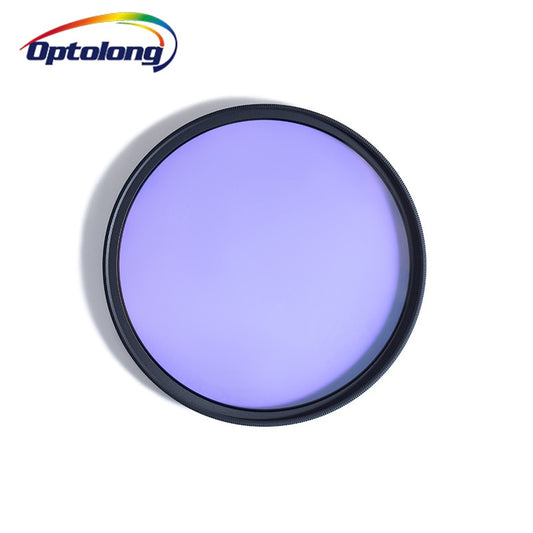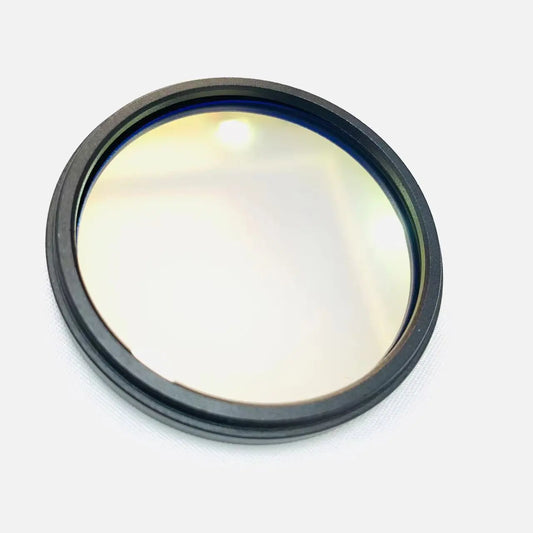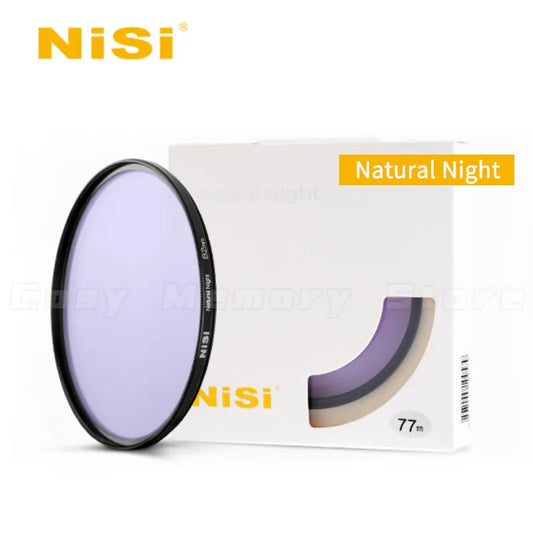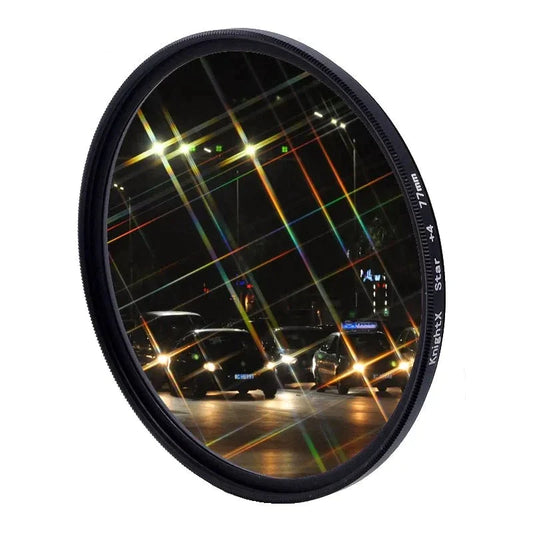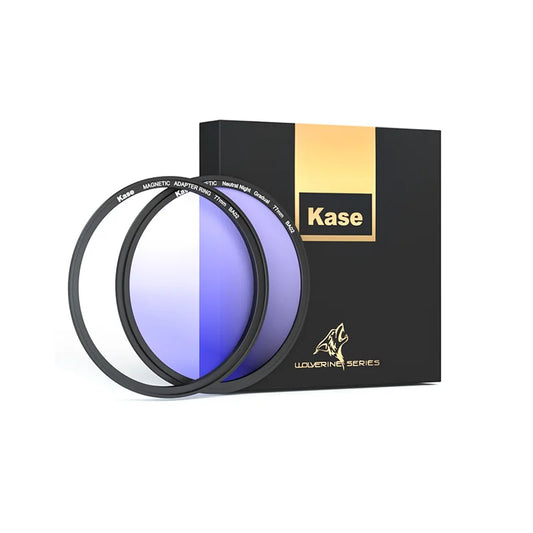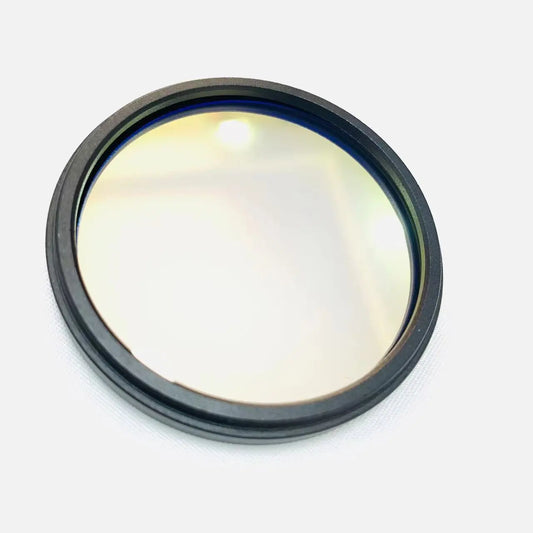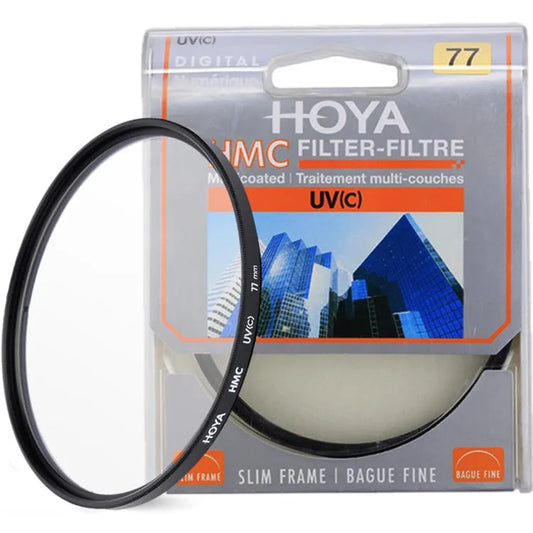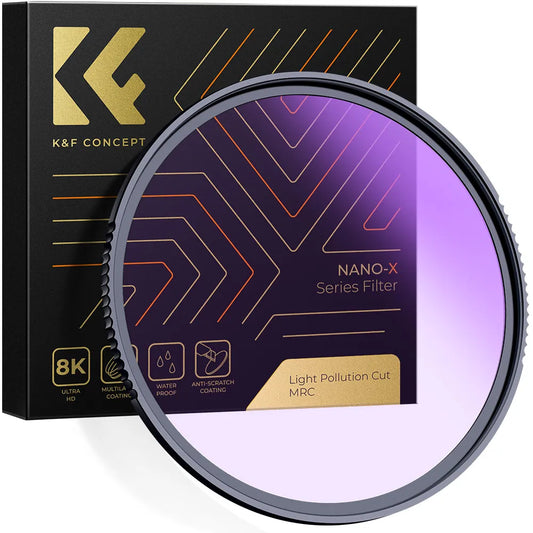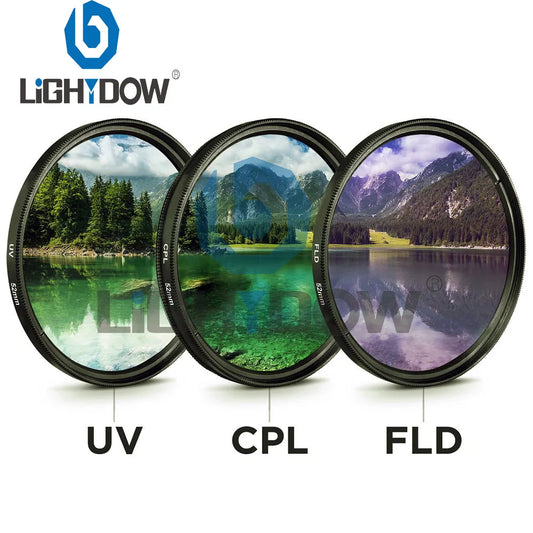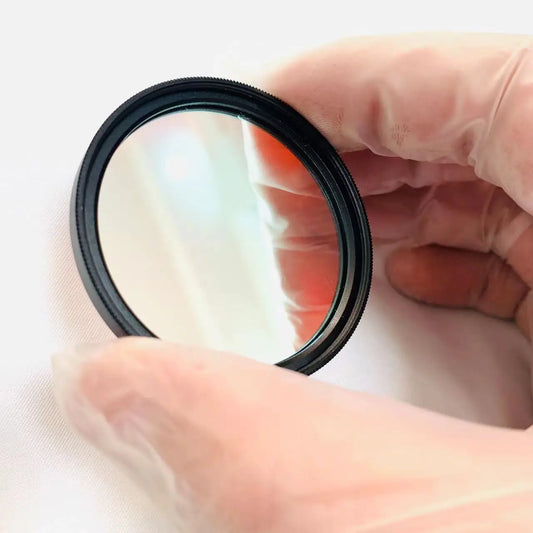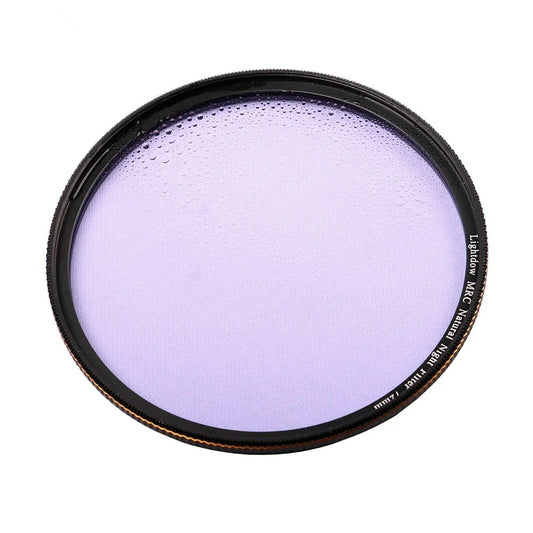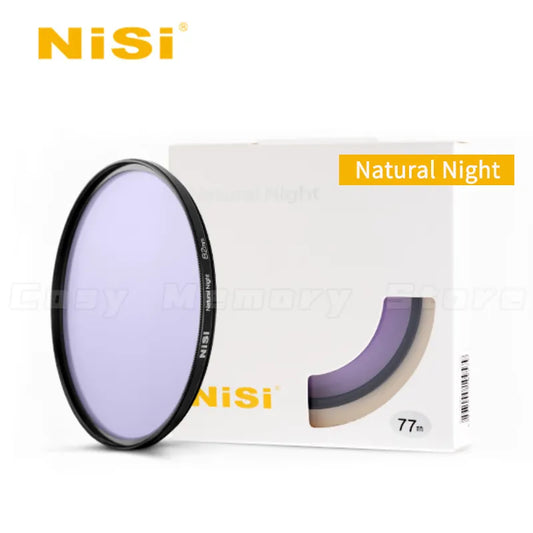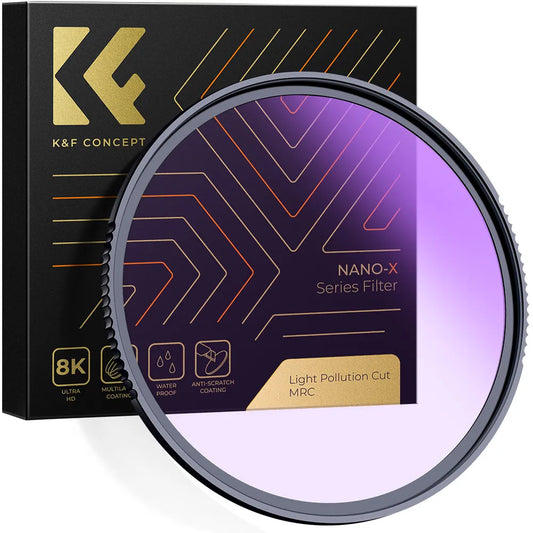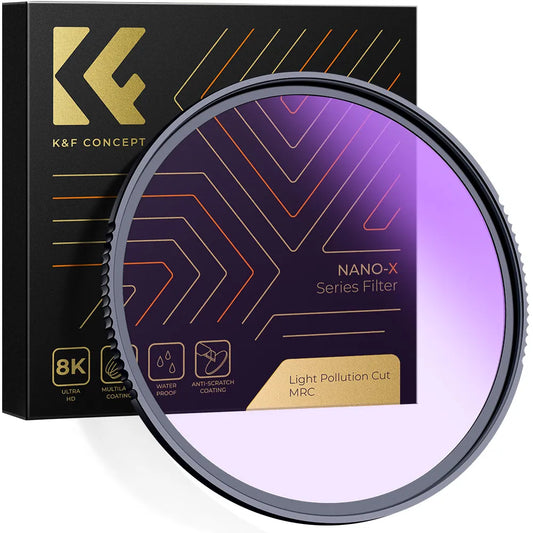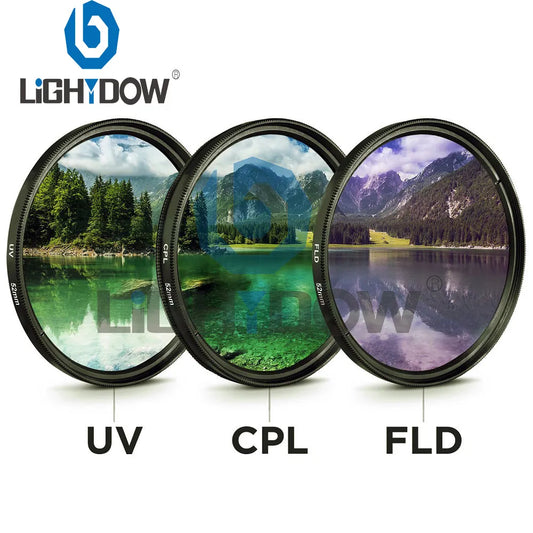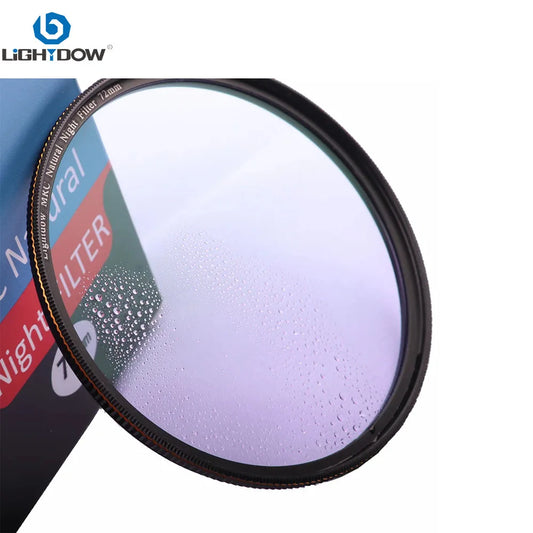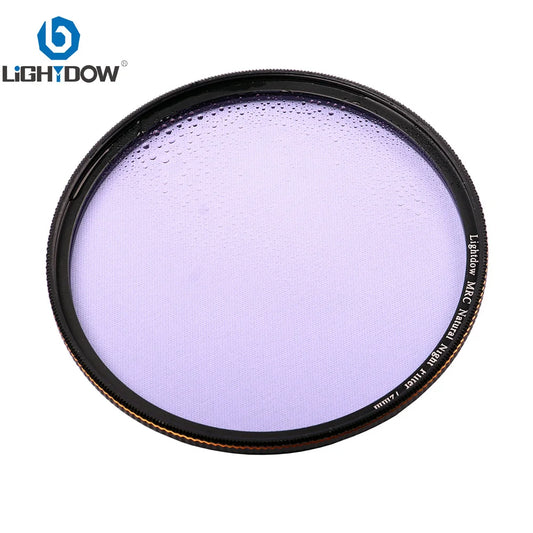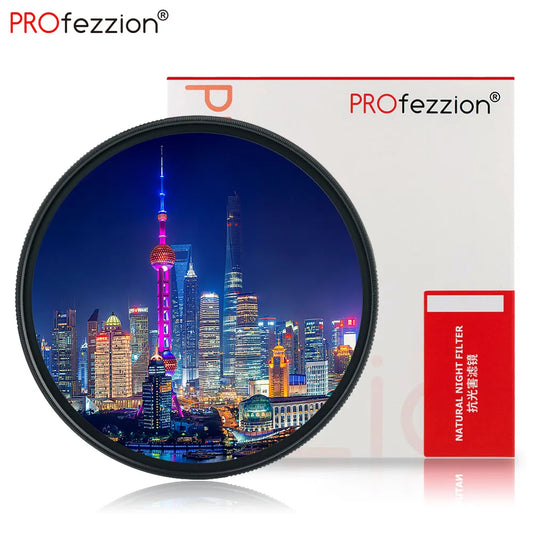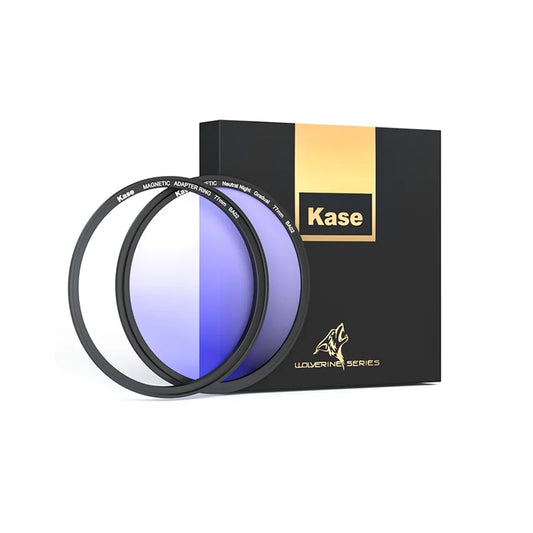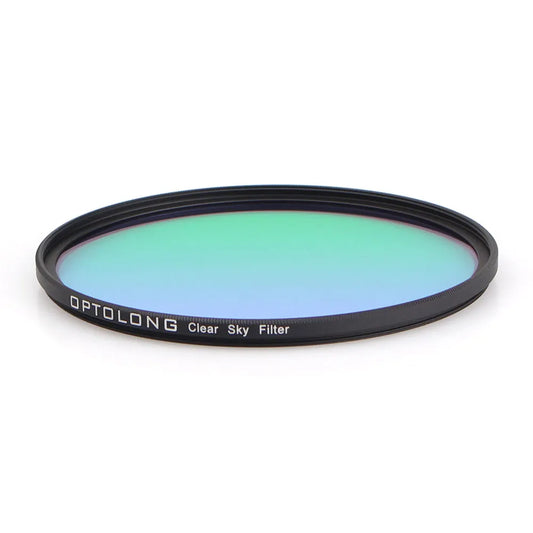Astrophotography Lens
Hydrogen Alpha Filter 77mm
Hydrogen Alpha Filter 77mm
FREE SHIPPING
Couldn't load pickup availability
Unlock the secrets of the universe with our 77mm H Alpha Filter, meticulously designed to elevate your astrophotography to new heights. Immerse yourself in the breathtaking beauty of nebulae and celestial phenomena, capturing the elusive H-Alpha emission line at 656nm with unparalleled clarity and precision.
Crafted with precision optics, our filter boasts an ultra-narrow 20nm bandwidth, isolating the H-Alpha wavelength to minimize light pollution and amplify the contrast of your astro-images. Delve deep into the cosmos, revealing the subtle details of ionized hydrogen and distant deep-sky objects with remarkable accuracy.
Compatible with a variety of camera and telescope setups, our filter ensures versatility without compromising on performance. The included frame provides stability during your astrophotography sessions, guaranteeing optimal image quality every time.
Specifications:
- Filter Type: Hydrogen Alpha (H-Alpha)
- Thread Size: 77mm
- Wavelength: 656nm
- Bandwidth: 20nm
- Compatibility: Fits lens cameras with 77mm thread
- Optics: Precision-crafted for exceptional performance
- Function: Enhances astrophotography by isolating H-Alpha emission line
- Usage: Night sky imaging (not for solar imaging)
- Included: Thread ring for easy attachment
- Features: Ultra-narrow bandwidth minimizes light pollution
- Frame: Included for added stability during astrophotography sessions
- Application: Reveals intricate details of nebulae, ionized hydrogen, and deep-sky objects
- Benefits: Improves contrast and clarity in astro-images
- Versatility: Available in various sizes to accommodate different camera and telescope setups
- Construction: Durable and reliable for long-term use in challenging environments
- Compatibility: Suitable for both amateur and professional astrophotographers.
What Hydrogen Alpha Filter is used for?
The Hydrogen Alpha Filter 77mm is primarily used for enhancing astrophotography by isolating the specific H-Alpha emission line at 656nm. It allows photographers to capture the intricate details of nebulae, ionized hydrogen, and other deep-sky objects with unparalleled precision. This filter is designed to improve contrast and clarity in astro-images while minimizing light pollution. It is suitable for night sky imaging and is not intended for solar imaging. The filter is compatible with lens cameras featuring a 77mm thread size and is an essential tool for both amateur and professional astrophotographers looking to explore and capture the wonders of the universe.
Where Hydrogen Alpha Filter is used for?
The Hydrogen Alpha (H-Alpha) filter is primarily used in astrophotography to capture images of celestial objects emitting light predominantly in the H-Alpha wavelength. Some common applications of the H-Alpha filter include:
Nebulae Imaging: Nebulae, such as emission nebulae and planetary nebulae, often emit strong H-Alpha radiation. H-Alpha filters are used to capture detailed images of these nebulae, revealing their intricate structures and ionization fronts.
Star Formation Regions: Regions where new stars are forming, such as molecular clouds and H II regions, emit H-Alpha radiation due to the ionization of hydrogen gas by nearby hot stars. H-Alpha filters are essential for imaging these regions and studying the process of star formation.
Solar Prominences: While H-Alpha filters are primarily used for nighttime astrophotography, specialized solar H-Alpha filters are also available for observing solar prominences. These filters allow safe observation of solar features in the H-Alpha wavelength, revealing details of the Sun's chromosphere.
Supernova Remnants: Supernova remnants, the remnants of exploded stars, often exhibit H-Alpha emission from shock waves interacting with surrounding interstellar gas. H-Alpha filters help in imaging these remnants and studying their dynamics and evolution.
Why Hydrogen Alpha
Hydrogen-Alpha (H-Alpha) is a specific spectral line in the red part of the visible spectrum emitted by hydrogen atoms when their electrons undergo transitions from the third to the second energy level. This particular wavelength of light (656nm) is significant in astrophotography for several reasons:
Abundance in Astrophysical Objects: H-Alpha emission is prevalent in various astronomical objects such as nebulae, star-forming regions, and other ionized hydrogen clouds. These objects emit light predominantly in the H-Alpha wavelength, making it crucial for capturing their details.
Reveals Structure and Dynamics: H-Alpha light reveals the structure, dynamics, and activity within these celestial objects. It provides insights into processes like star formation, supernova remnants, and the interaction of stars with their surrounding medium.
Contrast Enhancement: By isolating the H-Alpha wavelength, astrophotographers can enhance the contrast of their images. This allows for the visualization of faint structures and details that may otherwise be obscured by other wavelengths or light pollution.
Artistic and Scientific Value: H-Alpha imaging not only serves scientific purposes but also holds artistic value. The vibrant hues and intricate structures captured in H-Alpha images contribute to the aesthetic appeal of astrophotography.
Narrowband Imaging: H-Alpha filters typically have a narrow bandwidth, often around 20nm, which helps in reducing the effects of light pollution and improving the signal-to-noise ratio in astro-images. This makes them indispensable tools for astrophotographers working in light-polluted areas.
The H-Alpha wavelength is crucial in astrophotography because it provides valuable information about the structure, dynamics, and composition of various celestial objects while offering opportunities for artistic expression and enhancing image quality.
Hydrogen Alpha Filter for Astrophotography
Q&A for Hydrogen Alpha Filter
Q&A for Hydrogen Alpha Filter
Q: What is a Hydrogen Alpha (H-Alpha) filter?
A: A Hydrogen Alpha filter is an optical filter designed to isolate a specific spectral line emitted by hydrogen atoms known as the H-Alpha line. It allows astrophotographers to capture images of celestial objects emitting light predominantly in this wavelength.
Q: What is the significance of the H-Alpha wavelength in astrophotography?
A: The H-Alpha wavelength (656nm) is significant because it is emitted by various astronomical objects such as nebulae, star-forming regions, and supernova remnants. Imaging in the H-Alpha wavelength reveals detailed structures and processes within these objects.
Q: How does a Hydrogen Alpha filter improve astrophotography?
A: By isolating the H-Alpha wavelength, the filter enhances contrast and visibility of H-Alpha emitting objects while minimizing the effects of light pollution. This allows for capturing intricate details of nebulae, ionized hydrogen, and other deep-sky phenomena.
Q: What types of celestial objects can be observed with a Hydrogen Alpha filter?
A: Hydrogen Alpha filters are commonly used to image nebulae, star-forming regions, supernova remnants, solar prominences, and other structures emitting H-Alpha radiation. They are also useful for studying filamentary structures in the interstellar medium.
Q: Is the Hydrogen Alpha filter suitable for solar imaging?
A: While standard H-Alpha filters are designed for nighttime astrophotography, specialized solar H-Alpha filters are available for observing solar prominences and chromospheric features safely.
Q: What are the key features to consider when choosing a Hydrogen Alpha filter?
A: Important features include the filter's wavelength (typically 656nm), bandwidth (usually around 20nm for narrowband filters), compatibility with camera or telescope setups, optical quality, and construction durability.
Q: How can a Hydrogen Alpha filter benefit both amateur and professional astrophotographers?
A: For amateurs, the filter offers the ability to capture stunning images of celestial objects with greater clarity and detail. For professionals, it provides valuable insights into astrophysical processes and aids in research endeavors.
Q: Are there any safety considerations when using a Hydrogen Alpha filter?
A: While H-Alpha filters are safe for astrophotography, it's essential to use appropriate filters for solar imaging to avoid damaging camera equipment and ensure safe observation of the Sun. Additionally, proper precautions should be taken when observing celestial objects at night.
Order Your 77mm Hydrogen Alpha Filter Today!
Step into the mesmerizing world of astrophotography with our 77mm Hydrogen Alpha Filter – your gateway to capturing the wonders of the universe in unprecedented detail. Don't miss out on the chance to reveal the hidden beauty of nebulae, star-forming regions, and more, with unparalleled clarity and precision. Transform your ordinary camera into a cosmic explorer and embark on an unforgettable journey through the cosmos. Order your Hydrogen Alpha Filter today and unlock the secrets of the universe with every click!

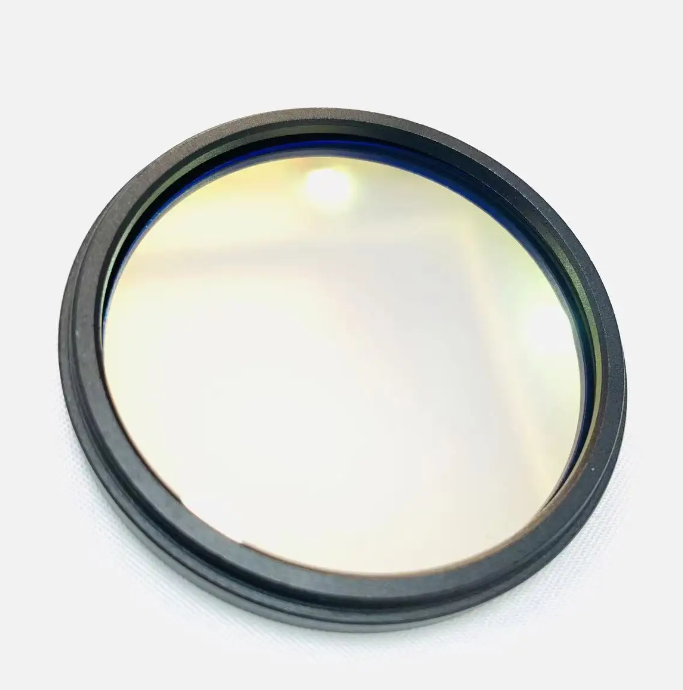
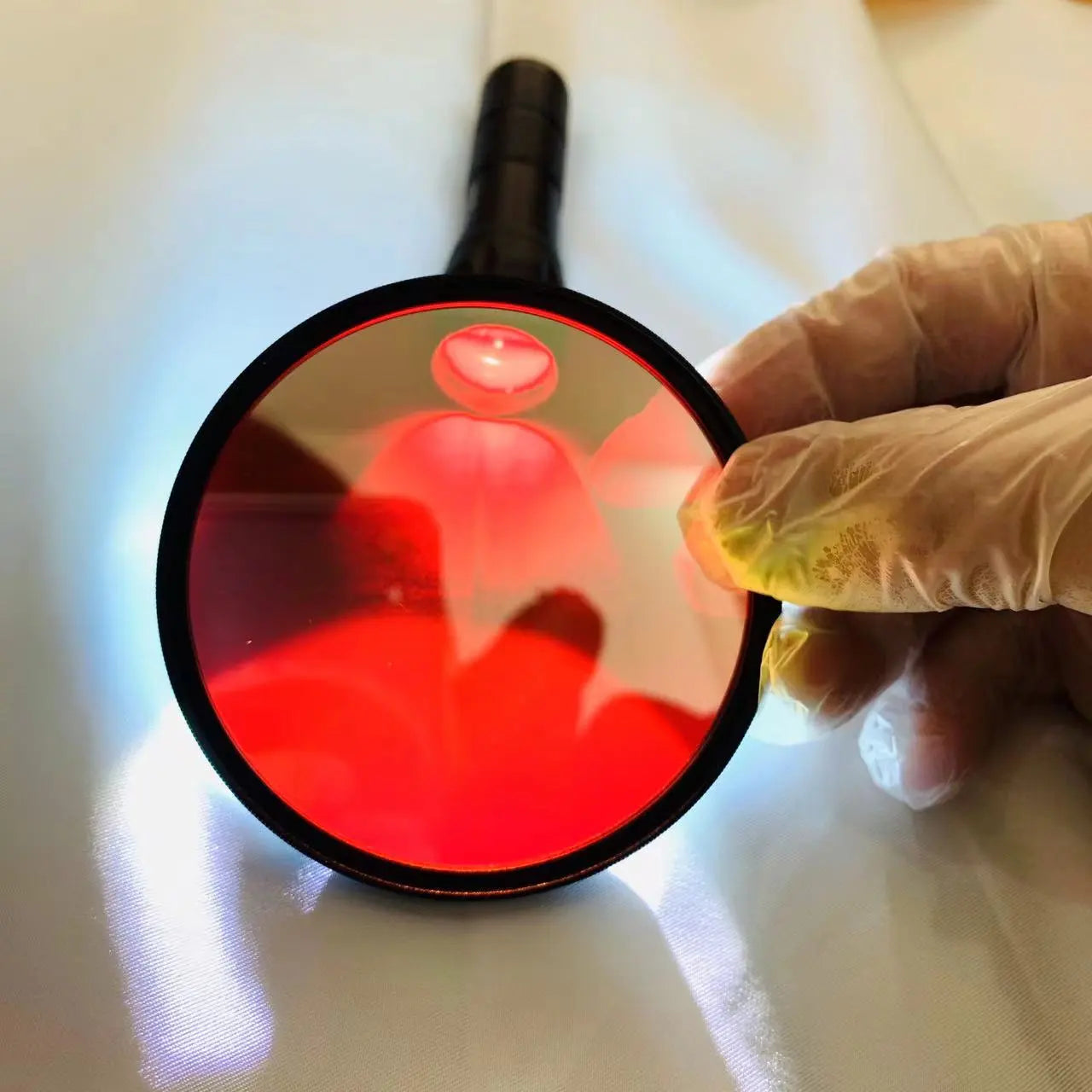


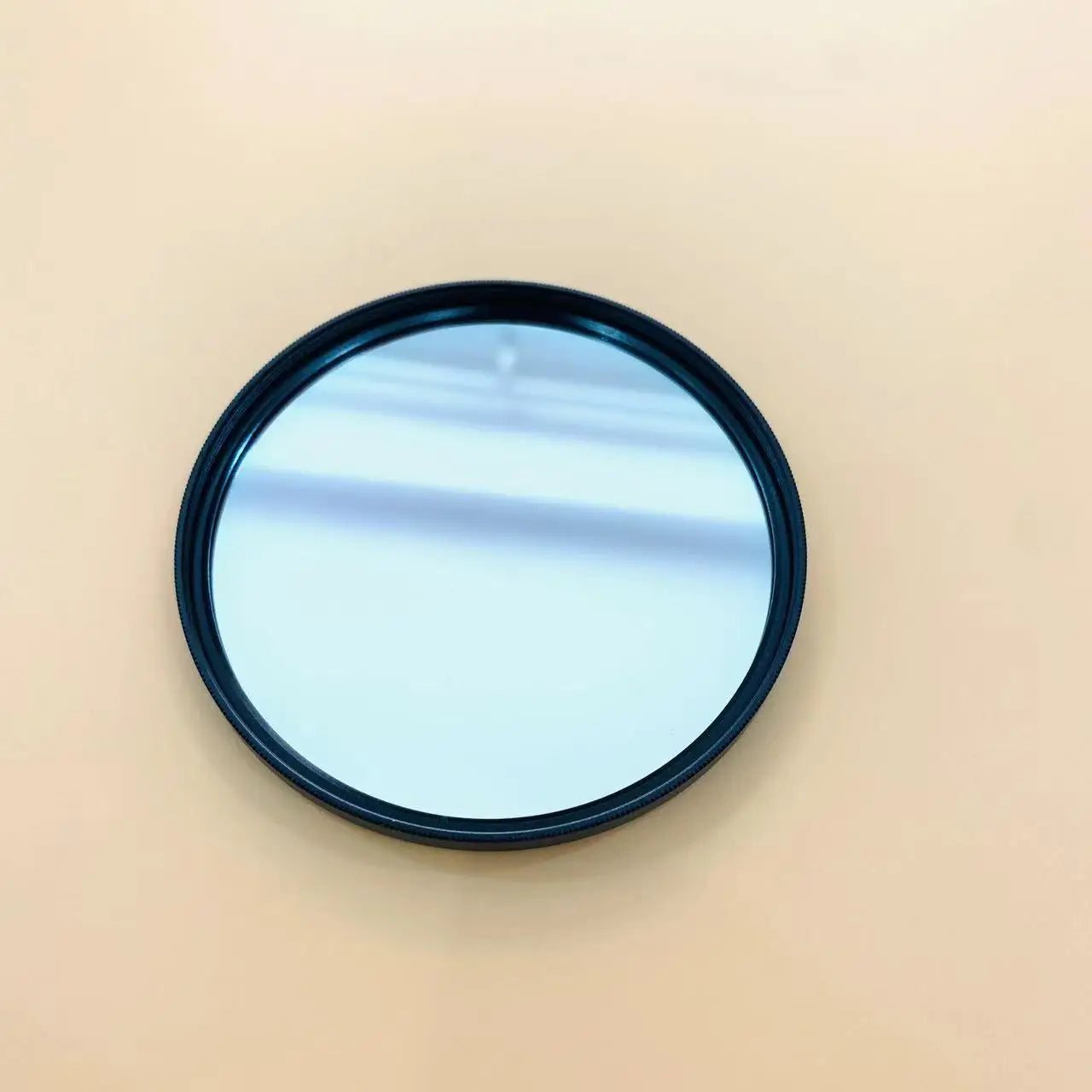





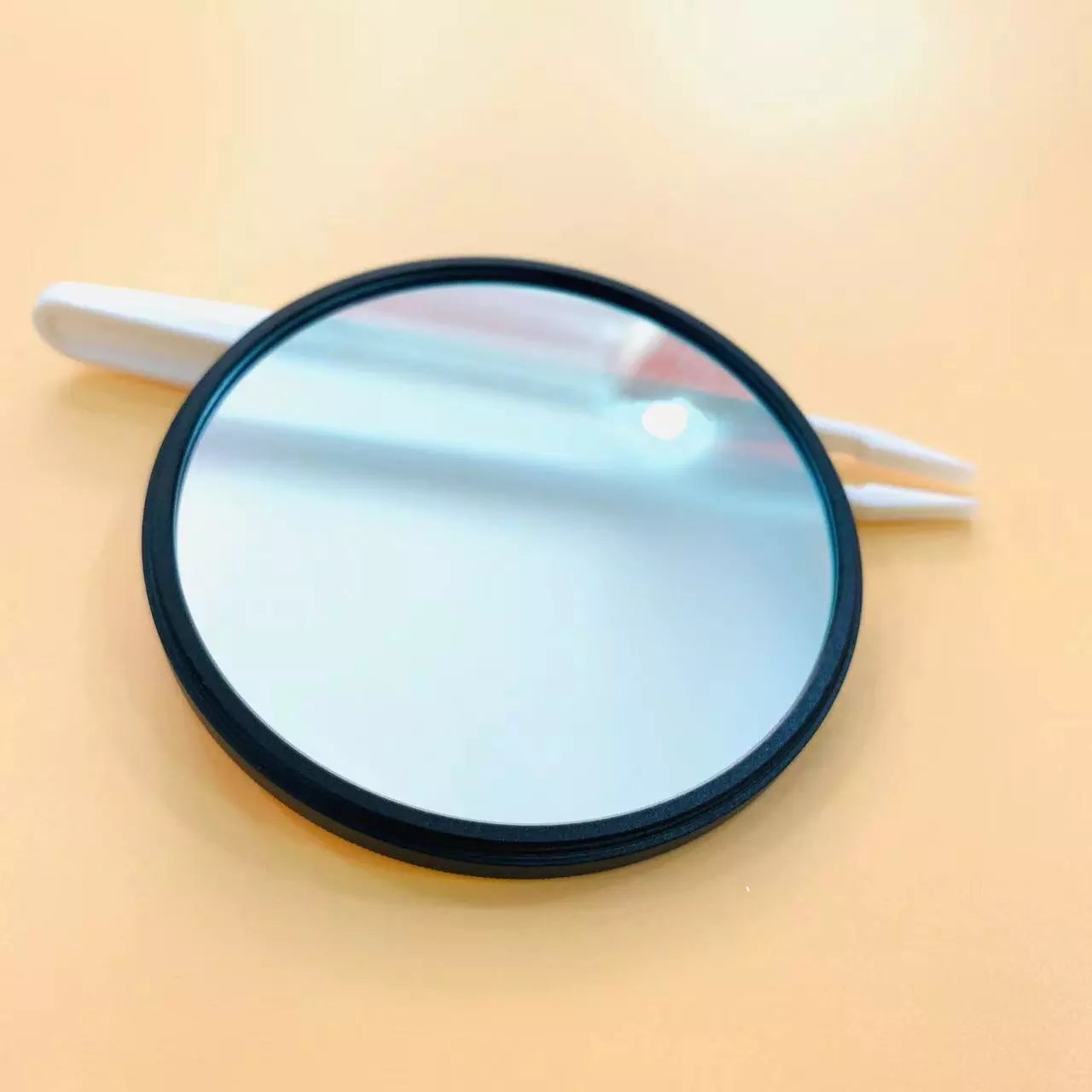
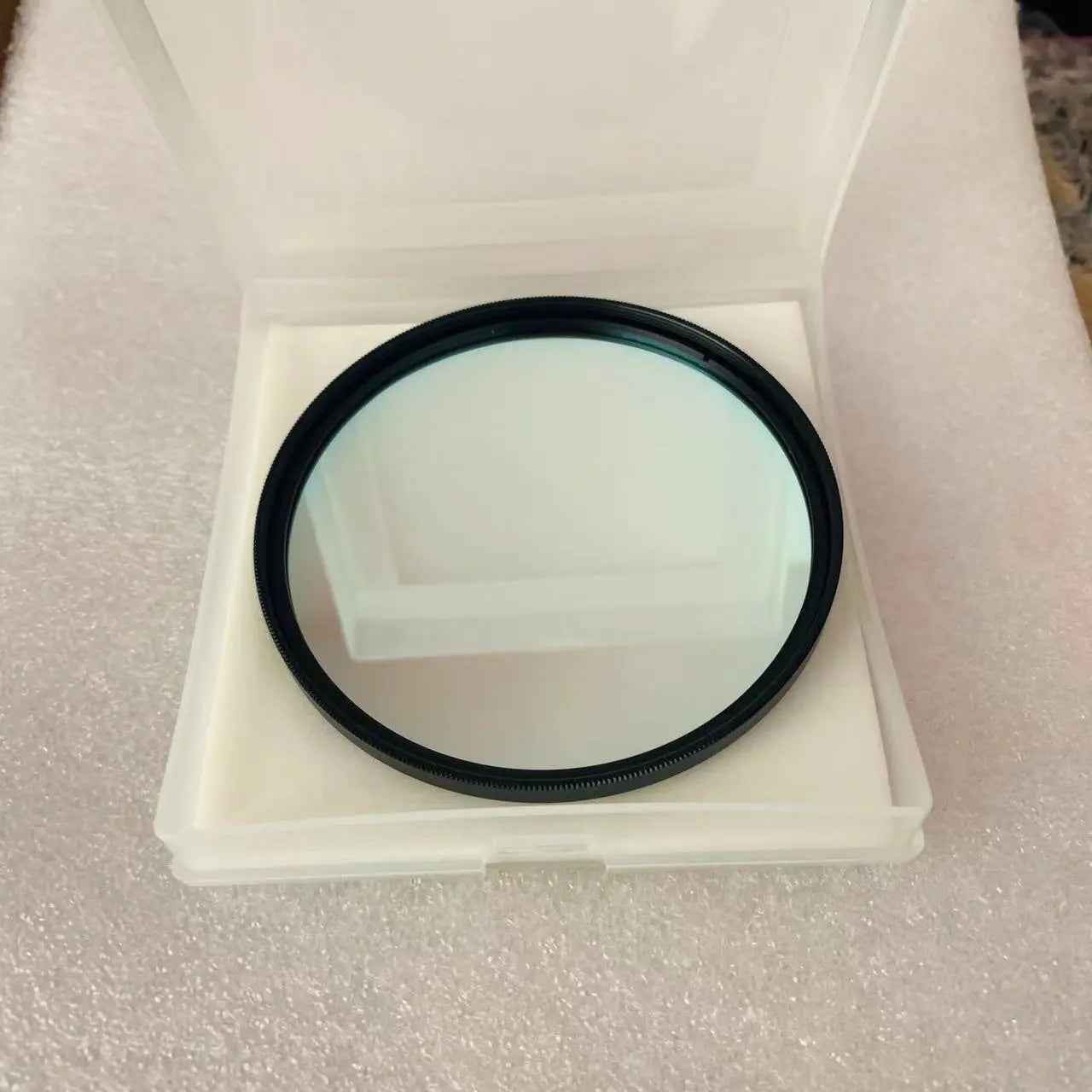
77mm Lens Filter
-
SHO Filter Set Kit 77mm
Regular price $269.00 USDRegular priceUnit price per -
Optolong L-Pro 77mm Camera Lens Filter for Sale
Regular price $279.00 USDRegular priceUnit price per$299.00 USDSale price $279.00 USDSale -
OIII Filter for Astrophotography 77mm
Regular price $119.00 USDRegular priceUnit price per -
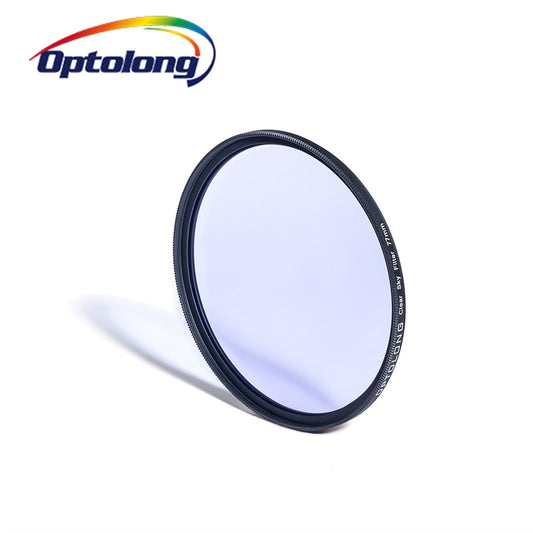 Sold out
Sold outOptolong 77mm Clear Sky Filter
Regular price $169.00 USDRegular priceUnit price per$169.00 USDSale price $169.00 USDSold out -
NiSi Light Pollution Filter 40.5mm 46mm 49mm 52mm 58mm 62mm 67mm 72mm 77mm 82mm
Regular price From $92.50 USDRegular priceUnit price per -
77mm Star Filter for Camera Lens
Regular price From $19.71 USDRegular priceUnit price per -
Kase Wolverine 77mm 82mm Neutral Night - Magnetic Light Pollution Reduction Screw on Mounted Camera Lens Filter
Regular price From $247.42 USDRegular priceUnit price per -
H Beta Filter 77mm Astrophotography
Regular price $109.00 USDRegular priceUnit price per -
Hoya HMC UV 77mm - Screw on Mounted Camera Lens Filter
Regular price $30.98 USDRegular priceUnit price per -
K&F Concept Light Pollution Filter 77mm
Regular price $115.48 USDRegular priceUnit price per -
UV-CPL-FLD 3 in 1 Screw on Mounted Camera Lens Filter Set 77mm
Regular price $33.97 USDRegular priceUnit price per -
SII Filter 77mm Astrophotography
Regular price $119.00 USDRegular priceUnit price per -
77mm Light Pollution Filter
Regular price $62.82 USDRegular priceUnit price per -
NiSi Natural Night Filter 77mm
Regular price $177.19 USDRegular priceUnit price per -
Light Pollution Reduction Filter for Night Sky - K&F Concept 58mm 67mm 77mm 82mm Nano-X Series
Regular price From $87.73 USDRegular priceUnit price per -
K&F Concept Natural Night Filter Light Pollution Filter 58mm 67mm 77mm 82mm
Regular price From $87.73 USDRegular priceUnit price per -
UV-CPL-FLD 3 in 1 Lens Filter Set 49mm 52mm 55mm 58mm 62mm 67mm 72mm 77mm 82mm
Regular price From $28.73 USDRegular priceUnit price per -
Lightdow Light Pollution Filter 49mm 52mm 58mm 62mm 67mm 72mm 77mm 82mm
Regular price From $53.92 USDRegular priceUnit price per -
Lightdow Night Sky Star Filter 49mm 52mm 58mm 62mm 67mm 72mm 77mm 82mm
Regular price From $52.65 USDRegular priceUnit price per -
PROfezzion Clear Night Light Pollution Filter 62mm 67mm 72mm 77mm
Regular price From $79.18 USDRegular priceUnit price per -
Kase Wolverine Magnetic Light Pollution Filter 77mm 82mm
Regular price From $247.42 USDRegular priceUnit price per -
Optolong Clear Sky 77mm
Regular price $199.00 USDRegular priceUnit price per














